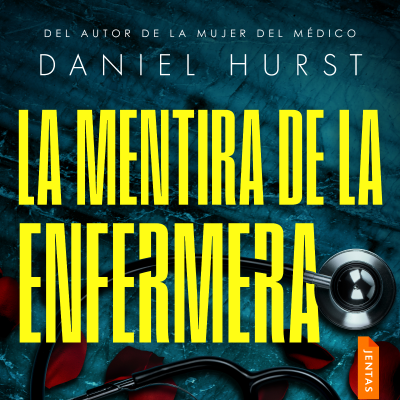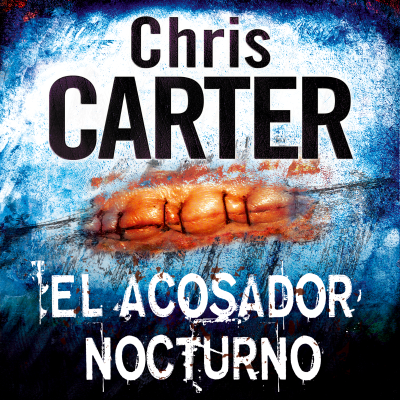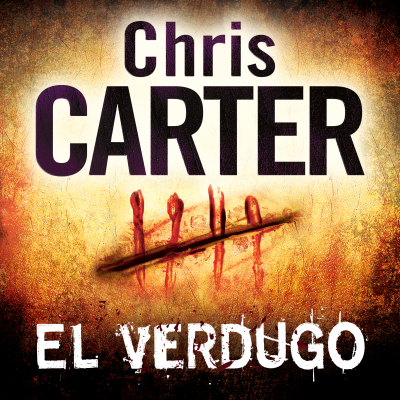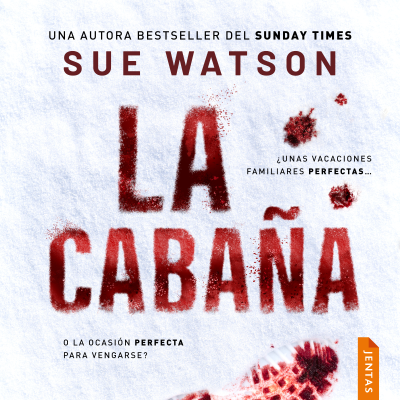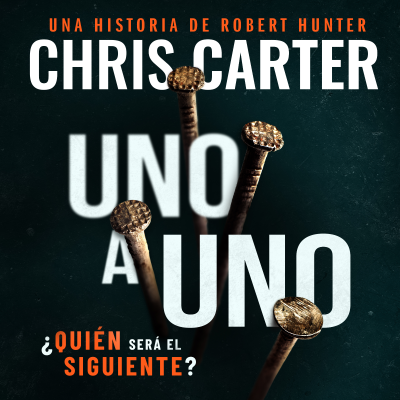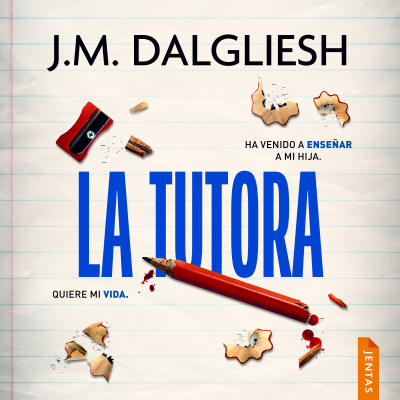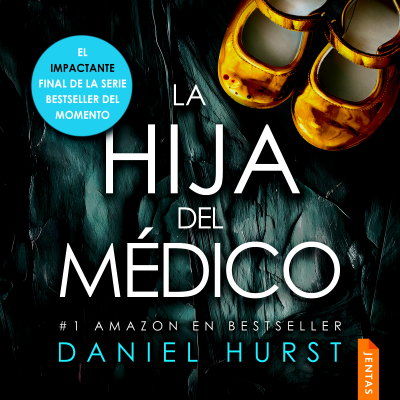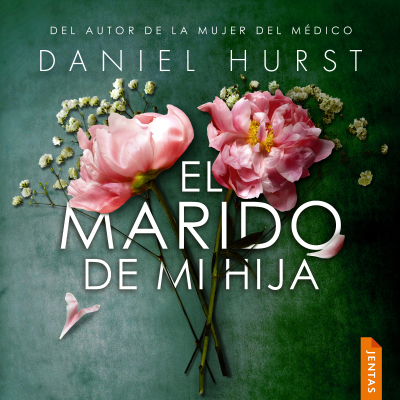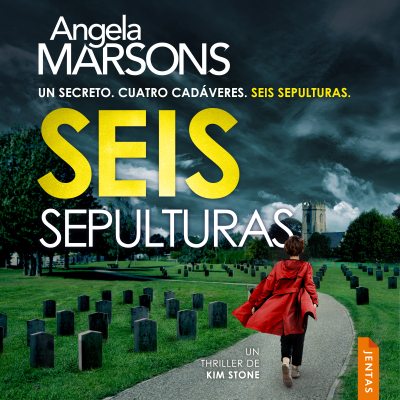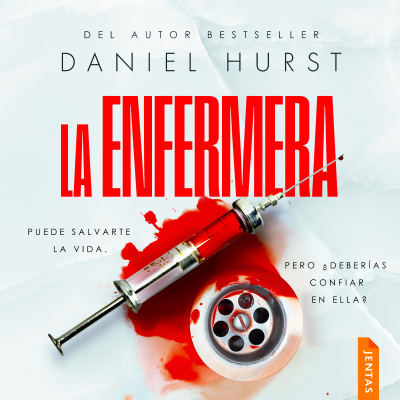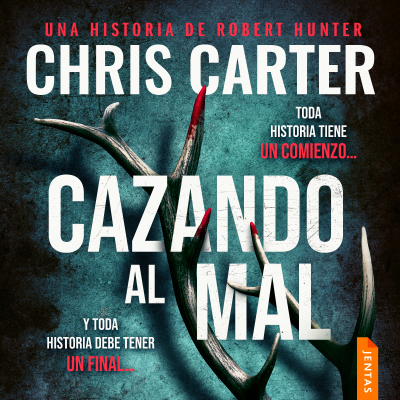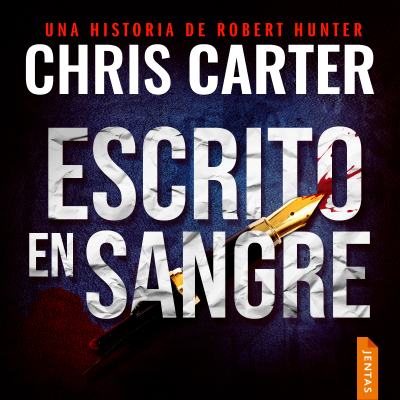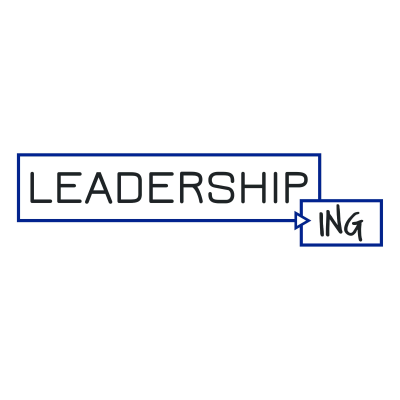
Leadership-ing
inglés
Negocios
Disfruta 30 días gratis
4,99 € / mes después de la prueba.Cancela cuando quieras.
- 20 horas de audiolibros / mes
- Podcasts solo en Podimo
- Podcast gratuitos
Acerca de Leadership-ing
Join us as we learn to navigate our roles as leaders on a variety of topics.
Todos los episodios
11 episodiosCaffeine, Michael Pollan
Today we talk all about Michael Pollan's new Audible OriginalCaffeine. If you are interested in listening for yourself, check it out on Amazon [https://www.amazon.com/Caffeine-How-Created-Modern-World/dp/B083MYJXZT]. Learn more about our show here: www.leadership-ing.com [https://www.leadership-ing.com/]
Criticism: How to Deliver It
Following up on last week's conversation about receiving criticism, today we talk about how to deliver criticism. Topics we talk about: * Ground the conversation with context for the criticism & know the facts. * Don't use the "crap sandwich" strategy. * Limit small talk at the beginning if you have to deliver criticism. Join the conversation here: www.leadership-ing.com [https://www.leadership-ing.com]
Criticism: How to Receive It
Today is part one of our "Criticism", focused first on how to receive it. First, we introduce the topic of whether or not you can grow to love criticism, we highly recommend you check out this podcast episode: "How to Love Criticism" [https://www.ted.com/talks/worklife_with_adam_grant_how_to_love_criticism?language=en] We then went on to recommend to following as a way to prepare to receive criticism: * Before: Keep a Posture of Learning * Disarm the idea of criticism by seeing it as a vehicle for ideas and information. * During: Run it Through 2 Filters * A trusted source or sources. * Your vision for yourself. * Disarm the idea by remembering you are not compelled to accept it. * After: In your next opportunity, be more mindful of the thing you were provided feedback on.
Bad Days (and How to Deal with Them)
Much of this conversation was in reference to Dr. Adam Fraser’s book, The Third Space available for purchase here https://amzn.to/35BAPub [https://amzn.to/35BAPub] When dealing with a negative occurrence or a bad day... 1. Reflect (Strategically extract positivity) - What went well? - What did I learn? - What did I handle well? - What can I do differently? 2. Rest (bring oneself back to the present) 3. Reset (visualize future actions)
When: The Scientific Secrets of Perfect Timing, Dan Pink
Episode Outline * If you want to maximize your efficiency: learn about your circadian rhythm and schedule your days accordingly. * Our day has a U-shaped curve of efficiency and happiness * Our life has a U-shaped curve when it comes to happiness * Applications & Tips to Maximize Your Days _____ Summary Understanding Your Circadian Rhythm (AKA Chronotype) * Understand what your circadian rhythm is because it will affect how productive (or unproductive) you are during certain times of the day. * “Larks”, “Owls” & “Third Birds” * Test: http://www.cet-surveys.com/index.php?sid=61524 * Things that are impacted * When you are most primed for analytical versus creative tasks. The U-Shaped Daily Productivity * We start the day that we are very productive in the morning. Then we hit a trough in the afternoon and eventually we rebound in the early evening. * Depending on your Chronotype, the hours of this U-shaped can change but still stay the same. * There is a time for art & critical thinking… * From a psychological point of view, there are times of the day which are poor for critical thinking tasks are actually great for artistic pursuits. * This is because our neocortex is less engaged and we can “let go” more easily. * When do you think you would do a better analytical task? Creative task? * Which is which actually depends on your chronotype… * The scary implication for healthcare… * Doctors and nurses make mathematically more mistakes during the troughs of the day and are much more likely to be sloppy, so if you have a procedure, do it in the morning. Life has a U-shaped Curve For Happiness (importance of mid-points) * It does debunk the idea of a “mid-life” crisis, but does emphasize the powerful psychological effect “being at the mid-point” has on everything from project teams to basketball games. * Interesting findings about mid-points: * We remember beginning and endings the most. * If the ending of a colonoscopy is not painful, we remember it as less painful even if the total experience was longer and more painful (as compared to a colonoscopy that didn’t end well). * What’s also surprising is that most people relax their standards during the middle and that people even judge others less harshly for the middle. (If you’re a president, you should focus on the last year because that’s what matters the most.) * Mid-points are great motivators…and it might be even best to be losing a little bit * Basketball example…teams are more likely to win if they are down by 1 at halftime instead than if they are tied, have a 1-point lead, or 2-point lead Summary: Applications & Tips to Maximize Your Day * Identify your circadian type * Take breaks & to make them especially helpful: * Staying tech-free on your break dramatically improves recovery. * Taking a break with someone beats taking a break alone. * Sun on your skin & green and nature out perform breaks without them * For what it’s worth, the company DeskTime calculated [https://blog.desktime.com/2014/08/20/the-secret-of-the-10-most-productive-people-breaking/] 17 mins of break for every 52 mins of work as a golden ratio * End on a high note * People prefer endings on a high note even when the overall sum is lower than the option with a poorer ending but higher overall scores. * End your day with 30 minutes doing the following: write what you
Elige tu suscripción
Premium
20 horas de audiolibros
Podcasts solo en Podimo
Podcast gratuitos
Cancela cuando quieras
Disfruta 30 días gratis
Después 4,99 € / mes
Premium Plus
100 horas de audiolibros
Podcasts solo en Podimo
Podcast gratuitos
Cancela cuando quieras
Disfruta 30 días gratis
Después 9,99 € / mes
Disfruta 30 días gratis. 4,99 € / mes después de la prueba. Cancela cuando quieras.










